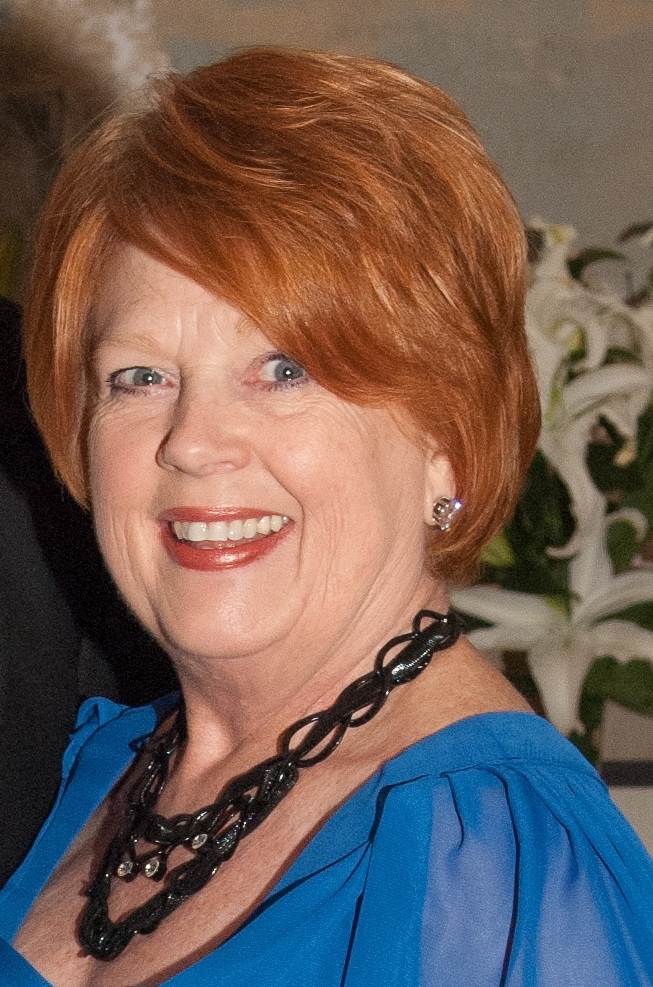
Kay Austin, LCDC
From the beginning, Kay Austin, LCDC has served as chair of Houston Recovery Center Board of Directors. Mayor Annise Parker asked Austin to hold this role in 2012 based on her knowledge and experience in the field.
Austin believes engagement is the invaluable asset that the sobering center provides for the people it serves. Clients have the opportunity to be in relationship and connectedness with staff for almost two years.
“Let’s face it, not everyone is successful when they think about or embark on recovery,” Austin states. “Just the fact that people at Houston Recovery Center are still there, still accepting, and still supporting them regardless of ‘success’ is that much more motivation for someone who is embarking on recovery.”
Impacting the recovery community
Austin has impacted the recovery community in many ways throughout her career. She not only introduced the idea of peer recovery coaching into the landscape of addiction treatment services but also helped spur the growth of Santa Maria Hostel, one of Texas’ largest residential and outpatient substance use disorder treatment centers for women.
During Austin’s 17-year-tenure at Santa Maria Hostel, the agency grew from serving 17 women in treatment to serving 250 women at any given time in addiction recovery, housing, prevention, and intervention programs at multiple locations.
Austin served as CEO from 2005-2013. During this time, Santa Maria received the first grant offered by the State of Texas to examine peer support services. This introduced the idea of peer support in a traditional clinical setting. Austin says the peers, aka recovery coaches, added so much to the existing programs; outcomes were “unbelievable” with peer support.
“If clients were able to talk to a recovery coach, they had “shared experience” with the coach that created a point of engagement,” she relates. “And then that process began to build. The recovery coaches were with them throughout their stay and even into outpatient treatment services.”
The State of Texas and UTMB also approached Santa Maria about implementing Baby and Mother Bonding Initiative (BAMBI) program where women, incarcerated in the Texas Department of Criminal Justice system, could bring their babies to Santa Maria after they delivered. The women would remain in custody of TDCJ but had the chance to address their addiction recovery, improve their parenting skills and bond with their baby. Previously, babies were separated from their mothers while they were in prison. Instead, the State looked at the facility for another approach by talking to staff and leadership.
“We came together with the State thinking this is a wonderful cause we’d like to be involved with,” Austin relates. “The outcomes have been absolutely phenomenal. Probably 95 percent of the women enrolled in BAMBI graduated with no recidivism and their relationship remained intact with their children.”
Austin still is involved with families today outside of Santa Maria and completes alcohol and drug assessments for cases in the family court system that relate to parent/child relationship issues.
Board perspective
Why is Austin passionate about serving on the Houston Recovery Center board? She has a particular interest in sobering centers as a more humane approach for people who have had too much to drink during a night on the town, for example. If they are picked up and allowed to sober up at the center, they won’t have a misdemeanor charge that normally negatively affects a person professionally or personally for the rest of their lives.
“I also see it as an opportunity for intervention on harmful substance use,” Austin relates. “For those who do have a chronic problem with alcohol or other drugs, I think it’s a great coming together of the various local agencies that constructively support the health and safety of Houston and its citizens.”
Austin says the vision that Executive Director Leonard Kincaid has brought to the board, and that the board has bought into, is enlarging on what the nonprofit is able to offer. She said it’s not just a place for someone to sleep it off and be dismissed the next day. It’s about relationships, connectedness, and recognizing it’s not just harmful use of alcohol but other drugs impacting the Houston community.
“I don’t think there is another person who could have done that job as Leonard has done,” Austin relates.